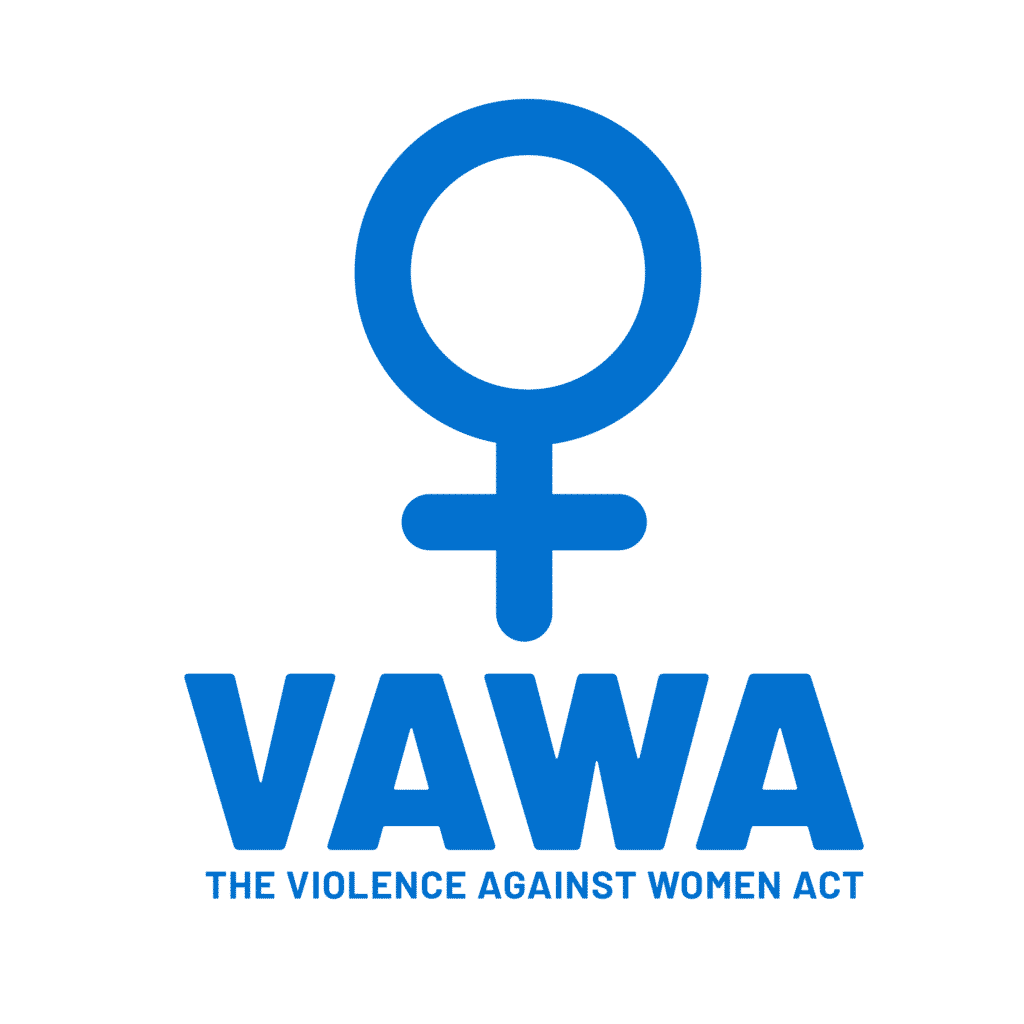The Violence Against Women Act (VAWA), first passed in 1994 and strengthened through reauthorizations in 2000, 2005, 2013, and 2022.
Includes crucial provisions to help immigrant survivors of domestic abuse secure lawful immigration status.
Immigration Relief for Survivors
- Self-Petitioning: VAWA lets certain immigrant family members who have been abused by a U.S. citizen or lawful permanent resident apply for a green card by themselves, without needing the abuser’s help.
- Eligible Relatives: This protection covers:
- Spouses abused by a U.S. citizen or LPR spouse.
- Children (and, in many cases, their non-abused parent) abused by a U.S. citizen or LPR parent.
- Parents abused by their U.S. citizen adult son or daughter.
- Gender Neutrality: The protections apply to all genders and include survivors in same-sex marriages.
Addressing Abuse and Coercion
- Weaponization of Status: Created to stop abusers from using a victim’s lack of legal status as a weapon.
- Abusers often threaten to withhold, withdraw, or refuse to file a family-based petition, or threaten deportation to keep a survivor trapped, silent, and from seeking help.
- Independence: VAWA empowers survivors by giving them the ability to pursue immigration status independently, without needing the abuser’s cooperation or consent.
Additional Benefits of VAWA
VAWA self-petitioners receive benefits beyond standard family petitions:
- Work Authorization & Deportation Protection: When accepted, survivors can received
- Adjustment of Status in the U.S.: They can often apply for their green card from within the United States, avoiding the difficulty and risk of having to return to a consulate abroad.
- Public Benefits: They may also qualify for certain public assistance benefits that are not available to many other non-citizens.
Important Note: The filing of Form I-360 is confidential. USCIS cant informed the abuser about the petition.

